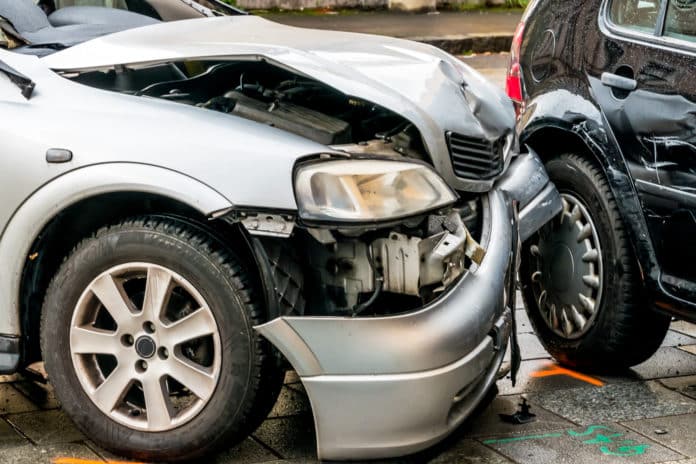Buying your first car tends to be exciting and daunting in equal measure. You’re all set for a greater level of independence and mobility than ever, but what if you buy badly and you end up with one problem after another? The secret is to do lots of research before buying, rather than just handing over your cash and hoping for the best.
One of the most important things that you should do before buying any used car is to invest in a vehicle history check. There are some free checks available, but these tend to be very basic. Spending a small amount of money will allow your chosen vehicle history check provider to tap into more databases to provide a clearer picture of the history of the used car that you’re thinking of buying.
You might think that when buying a car you need to just make physical checks to make sure that it hasn’t been crashed (do all the panels line up properly?) or that it isn’t worn out mechanically. But there are lots of other things that can go wrong when buying a used car and you can protect yourself against those only by investing in a decent vehicle history check. FirstCar has teamed up with Vehicle Smart to offer you a basic vehicle history check for £2.99, or an advanced one for £9.99, which quizzes a load more databases. Here’s why these checks represent money well spent.
Outstanding finance
Most new cars (and a lot of used ones) are bought on finance, and until that’s paid off in full, the car is usually owned by whoever has lent the money for its purchase. It’s more common than you might think, for someone to sell a car that doesn’t belong to them, but if you buy a used car that’s still owned by a finance company, it could be repossessed or you could even be liable for the monthly payments even though you’ve paid for the car. The problem is that you haven’t given your money to the legal owner (the finance company), and if it’s repossessed you won’t get your money back. As you can see on our separate article about how to buy a Vehicle Smart history check, the finance check isn’t included in the basic option, but it is included in the advanced check. However, everything below is included in the basic Vehicle Smart history check.
Clocking
The Vehicle Smart check provides details of the known mileage of your potential purchase, at each point that it has been MoTed. If you’re looking at buying it and the mileage displayed is less than it has been in the past, you know that the mileage has been reduced. This is known as clocking and it’s bad for two key reasons. Firstly, the car might be worn out because it’s done a lot more miles than you think, and secondly, the car is worth less because it’s covered a higher mileage. Clocking is far from unusual, so you need to make sure that you don’t buy a car that’s done a lot more miles than the displayed mileage suggests.
Written off
If a vehicle is crashed and an insurance claim is made, it might be repaired or it might be too badly damaged to fix economically. If the damage is too great, the car is deemed to be a write-off which means that the cost of repairs is too high relative to the car’s value. There are different levels of write-off, depending on how bad the damage is. Some written-off cars can legally be returned to the road, but some can’t. If the car is worth very little it will be written off by the slightest bit of damage and as a result, a write-off can actually make a good buy, but such cars are worth substantially less than a car that has never been crunched. That’s where a vehicle history check comes in because it will tell you if a car has ever been written off, so you can make sure that it’s been repaired properly, and if you do decide to buy it, you can ensure that you don’t pay more than it’s worth.
Stolen
If a car is stolen and its owner notifies the police, its registration details go on to the Police National Computer. Assuming that the owner of the stolen car claims for it on their insurance, the company that insured the vehicle is the rightful owner. As a result, if you then buy the car and the police track it down, it will be taken from you and given to the insurance company, but you’ll get no compensation at all, leaving you heavily out of pocket. Any stolen car will show up on a vehicle history check.
Vehicle identity
The DVLA records a car’s Vehicle Identity Number (VIN, or chassis number) along with its engine number. This information is included in a vehicle history and you can make sure that these digits correspond with those showing on the car, as long as you know where to look. Also included are details about the car’s original colour, in case it has been repainted.
Scrapped or exported
If the DVLA has been told that a car has been scrapped, its status on the database has to be updated before it can be sold or returned to the road. Similarly, if the DVLA has been told that a car has been exported it can’t then be sold for use on UK roads unless its status on the database is updated. If a vehicle is on the database as exported but is still in the UK, something is definitely not right.
MoT status
All cars have to have their first MoT three years after they were registered. A car doesn’t have to be MoTed to be sold on, but this has to be disclosed at the time of sale, which is why a car’s MoT status is included in a Vehicle Smart check.


